One nation, one election proposal gains support from 32 parties, 15 oppose
- EP News Service
- Sep 18, 2024
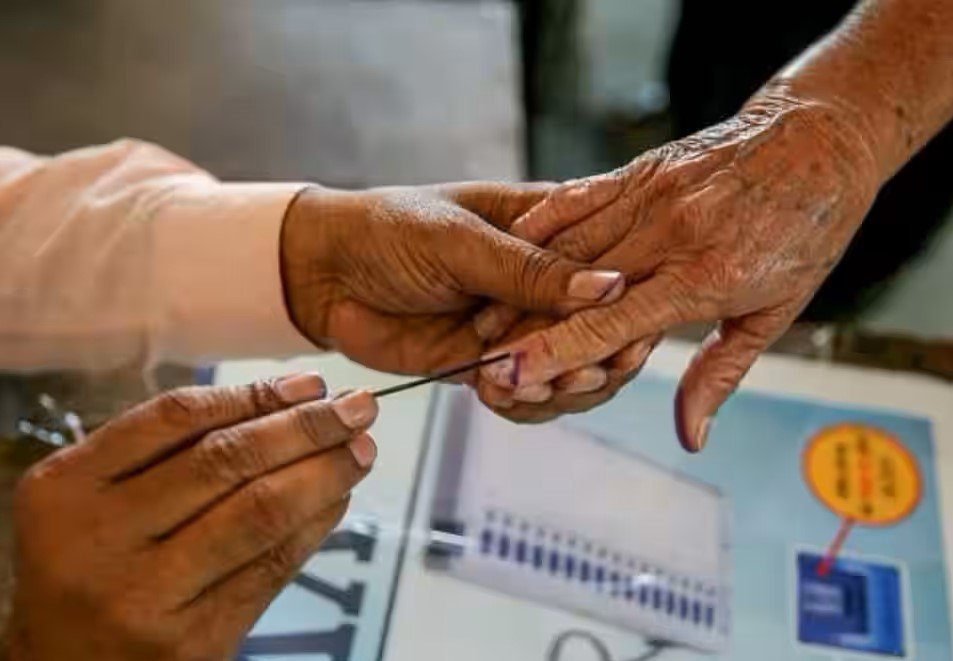
One nation, one election proposal gains support from 32 parties
NEW DELHI: According to the high-level committee on 'one nation, one election' the panel's report, 62 political parties were approached for a response, of which 47 responded with 32 voicing support to holding simultaneous polls and 15 opposing it, said the report by the panel headed by former president Ram Nath Kovind.
According to the report, among the prominent national parties, the Congress Party, Aam Aadmi Party, the Bahujan Samaj Party (BSP) and the Communist Party of India-Marxist (CPI-M) opposed the proposal saying it undermines democracy and the basic structure of the Constitution. while the Bharatiya Janata Party (BJP) and the National People's Party supported it.
Among the major regional state parties, the All India United Democratic Front, the Trinamool Congress, the All India Majlis-E-Ittehadul Muslimeen, the Communist Party of India, the Dravida Munnetra Kazhagam, the Naga People's Front, and the Samajwadi Party have opposed the proposal.
The regional parties which supported the proposal included the All India Anna Dravida Munnetra Kazhagam, All Jharkhand Students' Union, Apna Dal-Soney Lal, ASOM Gana Parishad, Biju Janata Dal, Lok Janashakti Party-R, Mizo National Front, Nationalist Democratic Progressive Party, Shiv Sena, Janata Dal-United, Sikkim Krantikari Morcha, Shiromani Akali Dal and United People's Party Liberal
Others, including Bharat Rashtra Samithi, Indian Union Muslim League, Jammu And Kashmir National Conference, Janata Dal-Secular, Jharkhand Mukti Morcha, Kerala Congress-Mani, Nationalist Congress Party, Rashtriya Janata Dal, Rashtriya Loktantrik Party, Revolutionary Socialist Party, Sikkim Democratic Front, Telugu Desam Party and YSR Congress Party, did not respond.
Among other parties, the Communist Party of India-Marxist-Leninist-Liberation and the Social Democratic Party of India opposed it, while the Rashtriya Lok Janata Dal, Bharatiya Samaj Party, Gorkha National Liberal Front, Hindustani Awam Morcha, Rashtriya Lok Jan Shakti Party and Nationalist Congress Party (Ajit Pawar) were among those who opposed.
The initiative of 'one nation, one election' proposal, initially put forth by the ruling BJP, which aims to synchronize elections for the Lok Sabha and state assemblies across the country has sparked debates and discussions at various levels, highlighting its potential to transform the electoral landscape in India.
Proponents argue that this system could lead to substantial cost savings, minimize the disruption caused by continuous electioneering, and enhance governance by allowing elected officials to focus on their responsibilities rather than constant campaigning.
The Election Commission of India has been tasked with studying the feasibility of implementing the proposal, and discussions are ongoing regarding the constitutional and logistical implications. As the debate continues, the support from 32 political parties indicates a growing momentum for exploring this significant change in India's electoral framework.



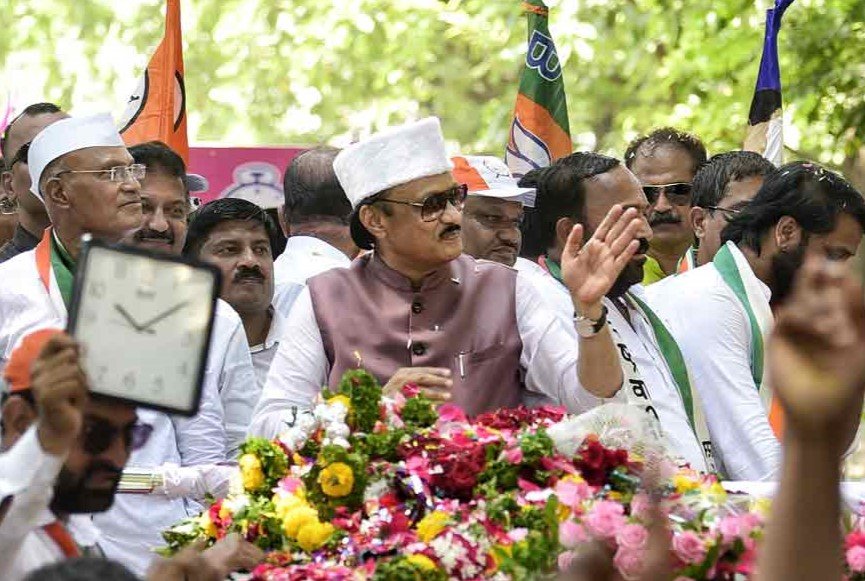
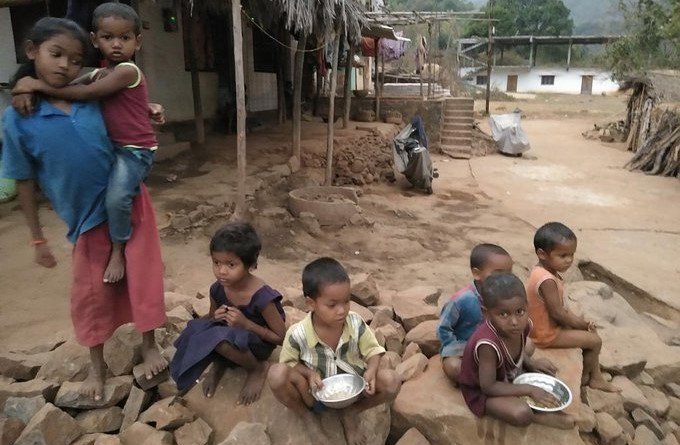
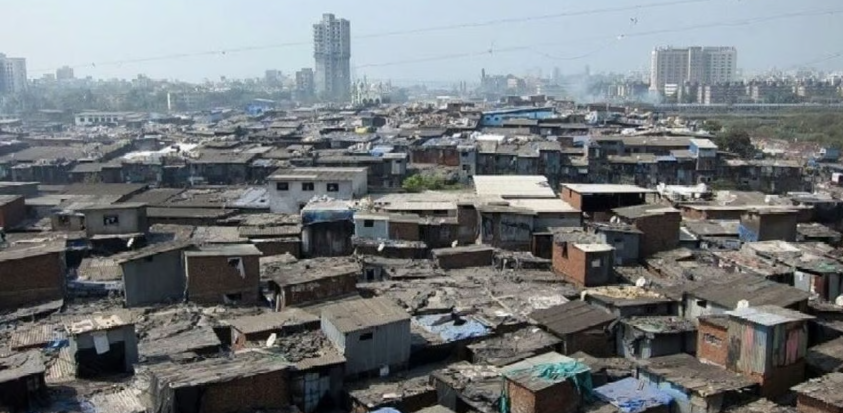

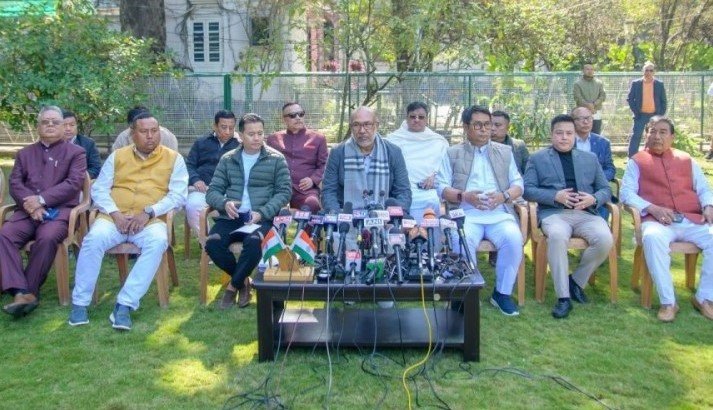

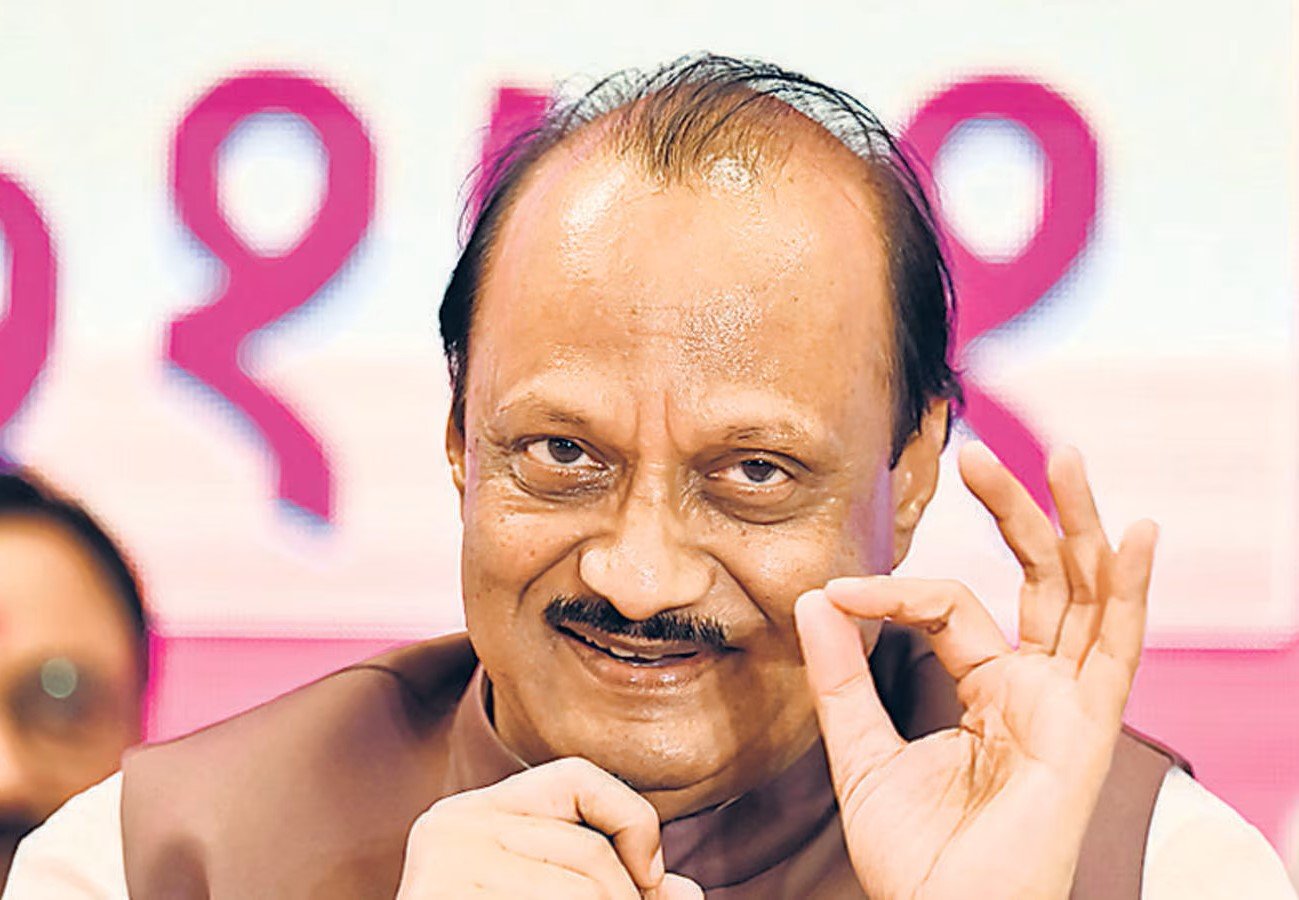

Reporter
Crisp, and to the point news coverage from India and around the world.
View Reporter News